Type of worm
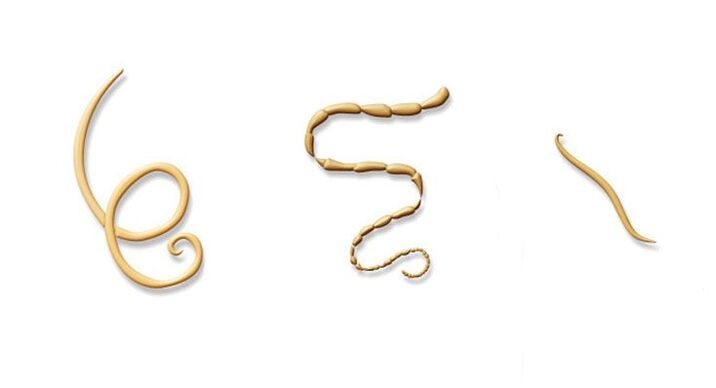
- Roundworms (nematodes) – roundworms, hookworms, pinworms, whipworms.
- Tapeworm (Taenia) - Pork tapeworm, Tapeworm latifolia.
- Flukes (flukes) - lung flukes and liver flukes, cat flukes.
Causes of worms in human body
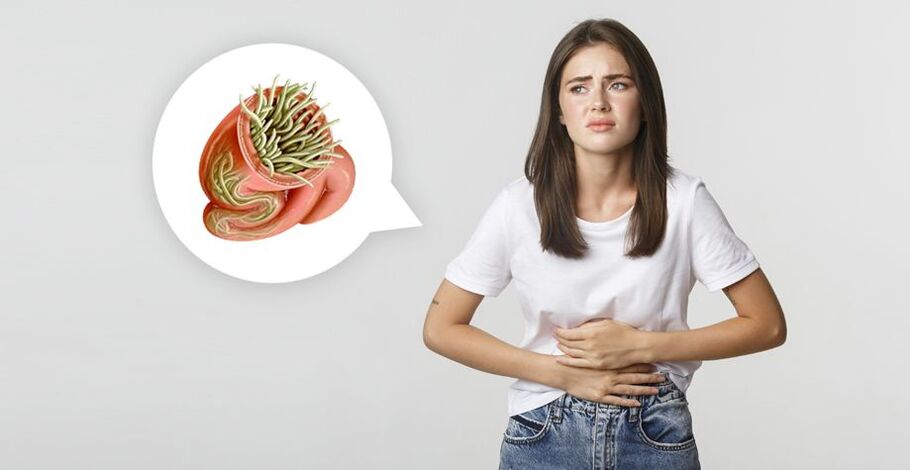
Signs of worms in the body
- weakness and fatigue;
- Itchy skin and rash;
- Difficulty breathing;
- Cough without phlegm;
- swollen lymph nodes;
- Increased gas formation in the intestines.

- Weakness and increased fatigue;
- Increased body temperature;
- Darkening of the skin under the eyes;
- measles;
- Appetite disorders;
- feel sick and vomit;
- the smell from your mouth;
- abdominal pain;
- diarrhea or constipation;
- lose weight;
- Perianal itching;
- Worm fragments are present in the stool.
When to see a doctor
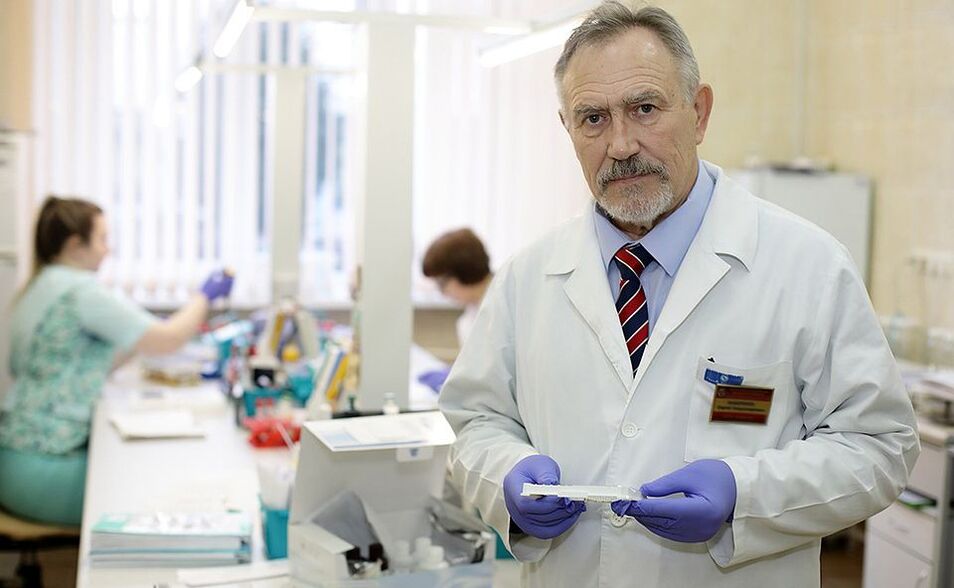
- Drowsiness, malaise;
- allergic reactions, such as rash, bronchial asthma;
- A person eats more or less;
- Nausea and vomiting occur, but no signs of poisoning;
- Diarrhea, constipation;
- Weight loss, good appetite;
- did not sleep well;
- Increased body temperature;
- Muscle and joint pain without physical activity;
- Swollen lymph nodes and inflammation;
- Bruxism;
- worms in feces;
- Itching in the perianal area.
- Scraping out pinworm eggs around the anus;
- Stool analysis for worm eggs;
- Coroutines.
- Lung X-ray.
- Liver ultrasound.
- Computed tomography of internal organs.
- Colonoscopy.
- Esophagogastroscopy.
Folk remedies to fight parasites
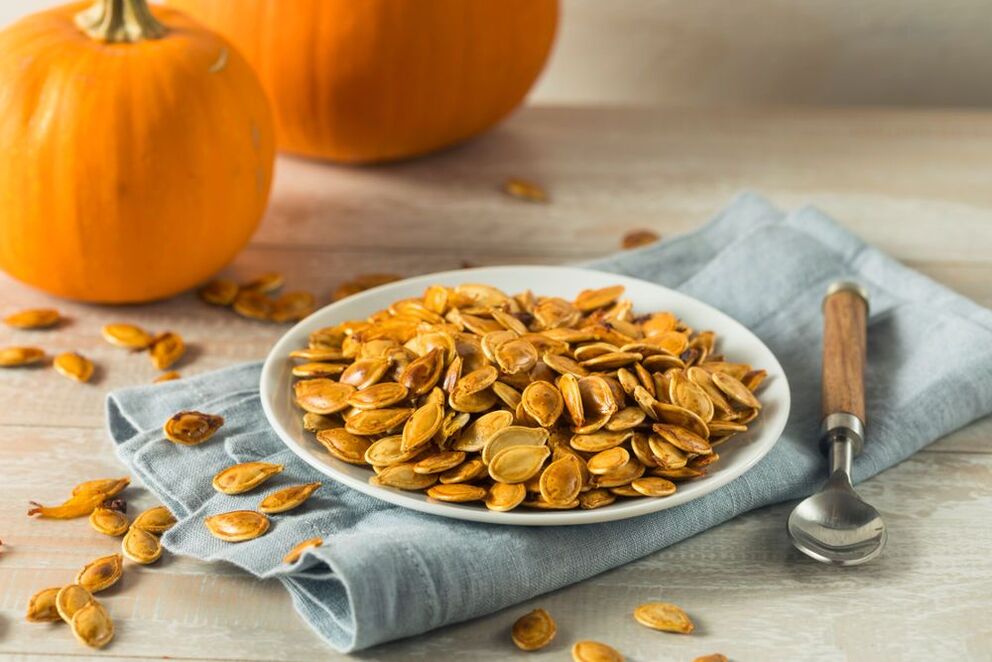
prevention
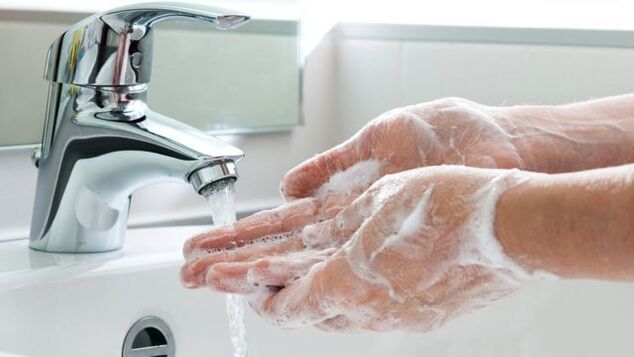
- Wash your hands with soap and water after going out, touching animals, using the toilet, and before eating.
- Rinse the fruits and herbs well with water and then with boiling water.
- Fish and seafood should be heat treated for a long time.
- Use high-quality and safe domestic water.
- You will need hygiene products, personal cutlery, towels and bed linen.
- For drinking, you can use boiled filtered water.
- Indoors, you should regularly wipe surfaces with a damp cloth and wash floors.
- You will need to wash your floors with detergent every two weeks.






































